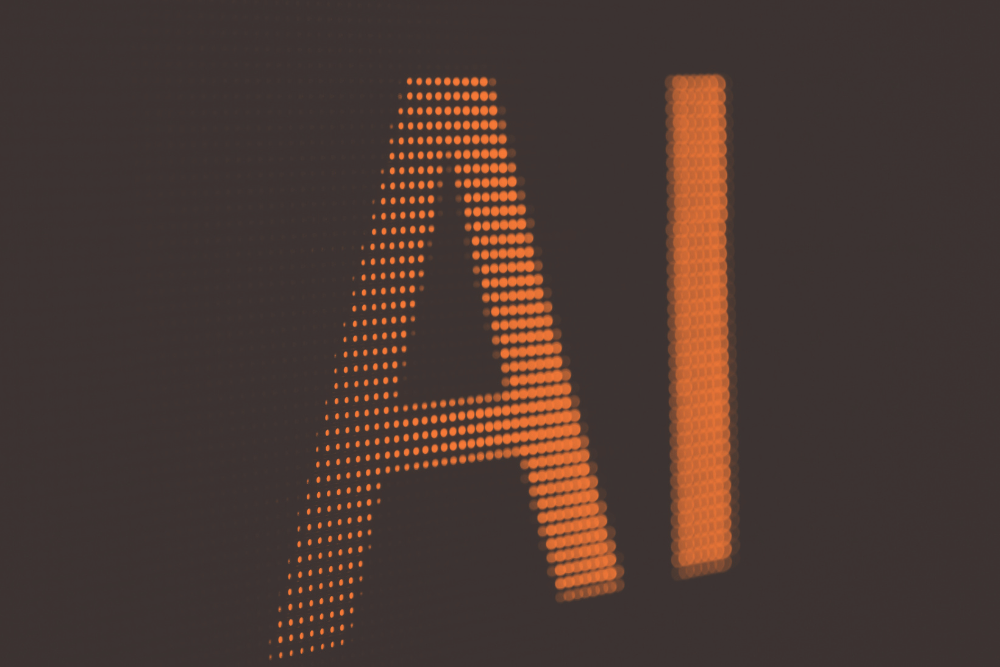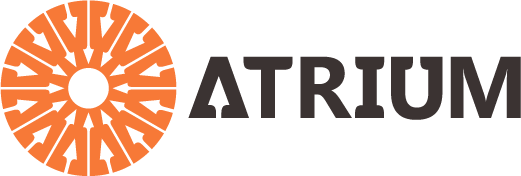
At ATRIUM Digital, we’re often asked if AI-driven search (AI SEO) is going to replace traditional SEO. The short answer? No. The long answer? These two strategies aren’t adversaries—they’re complementary. Both rely on the same foundational principles:
- High-quality, relevant content
- Strong online reputation signals
- A user-friendly, engaging website
But they differ in how they operate, the timelines they require, and the role they play in your buyer’s journey. Understanding these differences is crucial if you’re looking for reliable growth in today’s shifting digital landscape.
Traditional SEO: The Foundation
Traditional SEO is built around search engines like Google crawling, indexing, and ranking content. It’s a proven, measurable channel that:
- Builds traffic over time through consistent effort
- Rewards evergreen, optimized content
- Fits into every stage of the buyer’s journey (awareness, consideration, decision)
It’s predictable, structured, and still one of the highest-ROI channels for both B2B and B2C businesses.
AI SEO: The Emerging Frontier
On the other hand, AI SEO focuses on optimizing for AI-driven agents and search assistants like ChatGPT, Perplexity, and Google’s Gemini. These tools don’t just index pages, they interpret meaning, summarize answers, and offer recommendations. As a result, these context-aware and conversational interactions help directly align solutions with overall user intent, leading to more accurate referrals and qualified leads for businesses.
This shift is exciting, but it also comes with some uncertainty:
- Slow timelines: Model updates are less frequent than search crawls, so fresh content may take longer to surface.
- Lower CTR: AI often provides answers directly, meaning fewer click-throughs to websites
- Uncertain visibility: Inclusion in AI answers relies more on trust, authority, and structured data than traditional keyword targeting
Here’s the key takeaway: AI SEO is best seen as a complement to traditional SEO, especially in the early stages of the buyer’s journey where users are gathering information and exploring options. It can also serve as a useful tool to reach niche audiences by matching nuanced, context-driven queries with specialized and unique content.
Traditional SEO vs. AI SEO: A Side-by-Side Comparison
To recap, AI SEO adds value in the awareness and exploration stages, where buyers are seeking quick answers, comparisons, and educational context. Traditional SEO comes into play in the later stages of the buyer’s journey when prospects are comparing providers and making decisions. The best B2B and B2C will combine both:
- SEO as the reliable engine of compounding traffic, leads, and conversions
AI SEO as a new, experimental frontier that positions your business where buyers are starting their journey
ATRIUM’s Take: Hopeful Yet Cautious
At ATRIUM, we’re optimistic about the role AI will play in digital marketing. AI SEO will open new opportunities to reach buyers earlier and create more personalized, context-rich interactions.
But here’s the caution:
- Timelines may be longer and less predictable than traditional SEO
- Many AI features are still experimental and prone to change
- Believing the hype (or the Kool-Aid) that “AI replaces SEO” is a recipe for disappointment
The smart approach is to treat AI SEO as a complement, not a replacement; layered into a broader strategy that ensures both reliable growth today and readiness for tomorrow’s changes.
At ATRIUM, we help growth-driven businesses balance both strategies, delivering steady results through proven SEO while preparing for the future of AI-driven search. Contact us today to learn more about our search marketing program.
Most Popular News
The End of the Google DST Fee in Canada: What Marketers Can Expect Now
In a significant shift for digital marketers in Canada, Google officially ended the 2.5% Digital Services Tax (DST) surcharge that had been added to Google Ads invoices. This marks the conclusion of a fee that was introduced in late...
Why Marketing Needs a New Approach: Introducing Marketing Systems Engineering
In today’s fast-changing digital world, businesses don’t just need more leads or flashy ad campaigns—they need consistent marketing results they can rely on. That’s where Marketing Systems Engineering (MSE) comes in, ATRIUM Digital’s...
Exploring How OpenAI’s Operator Will Impact Your Website & Its Google Rankings
The digital marketing landscape is undergoing a significant transformation with the advent of AI-driven search technologies. Among the most influential innovations is OpenAI’s Operator, a powerful AI agent designed to assist with...
From Uncertainty to Opportunity: A Leader’s Guide to OpenAI’s Operator in Digital Marketing
In today’s fast-paced digital landscape, business leaders are always on the lookout for ways to streamline operations, enhance productivity, and ultimately scale their businesses. As competition intensifies, the pressure to make...
